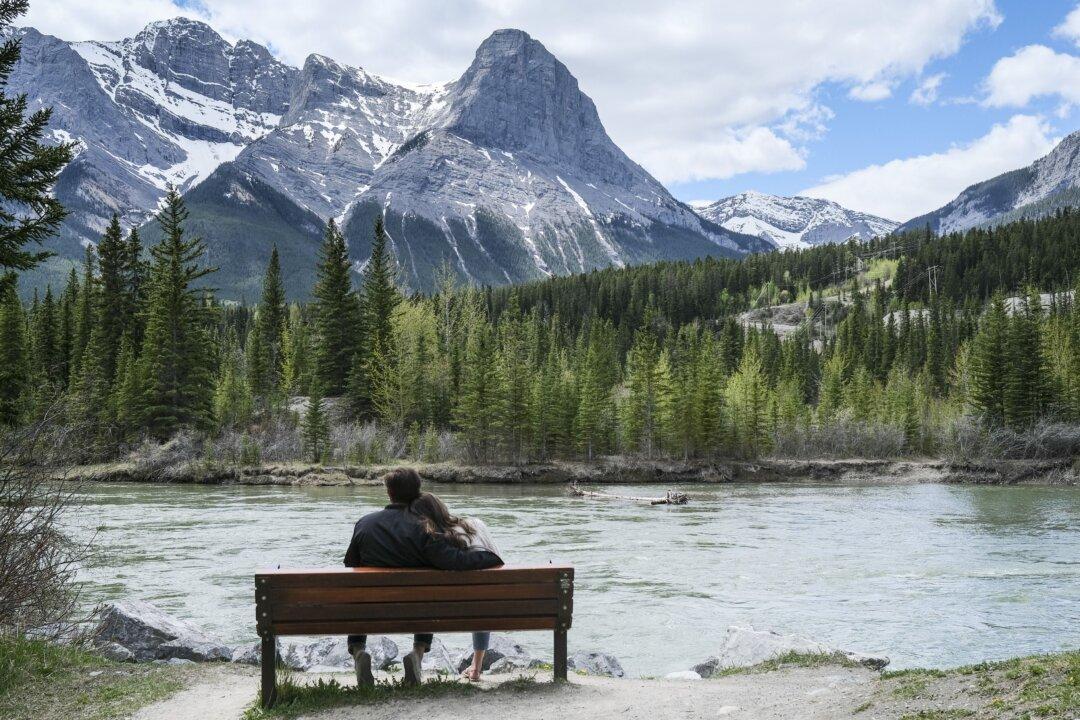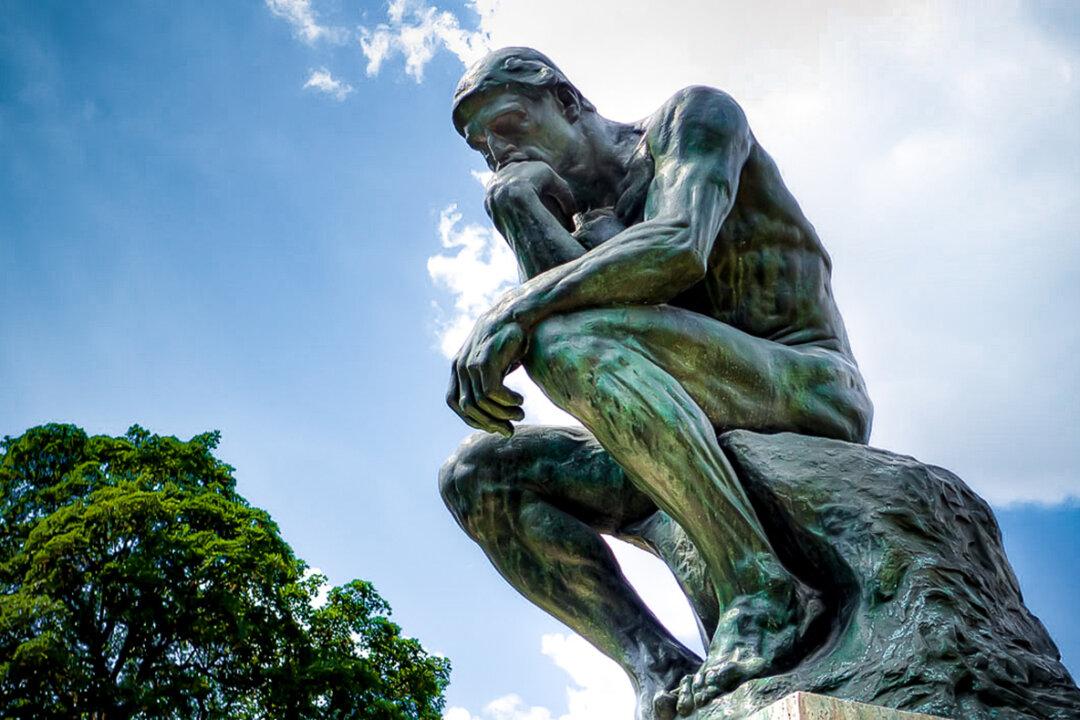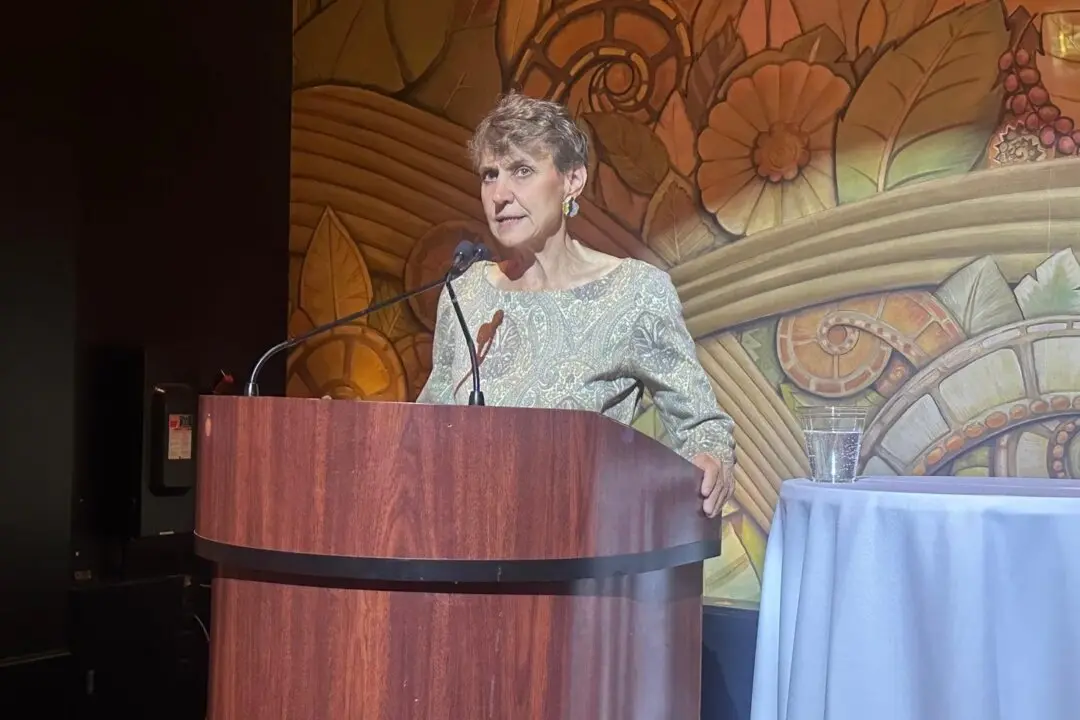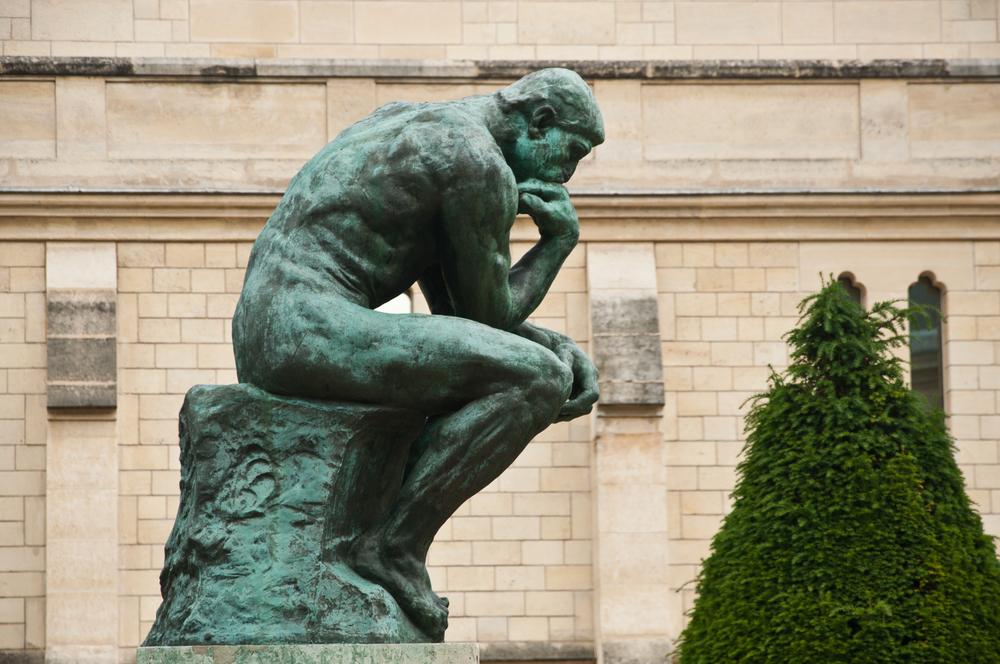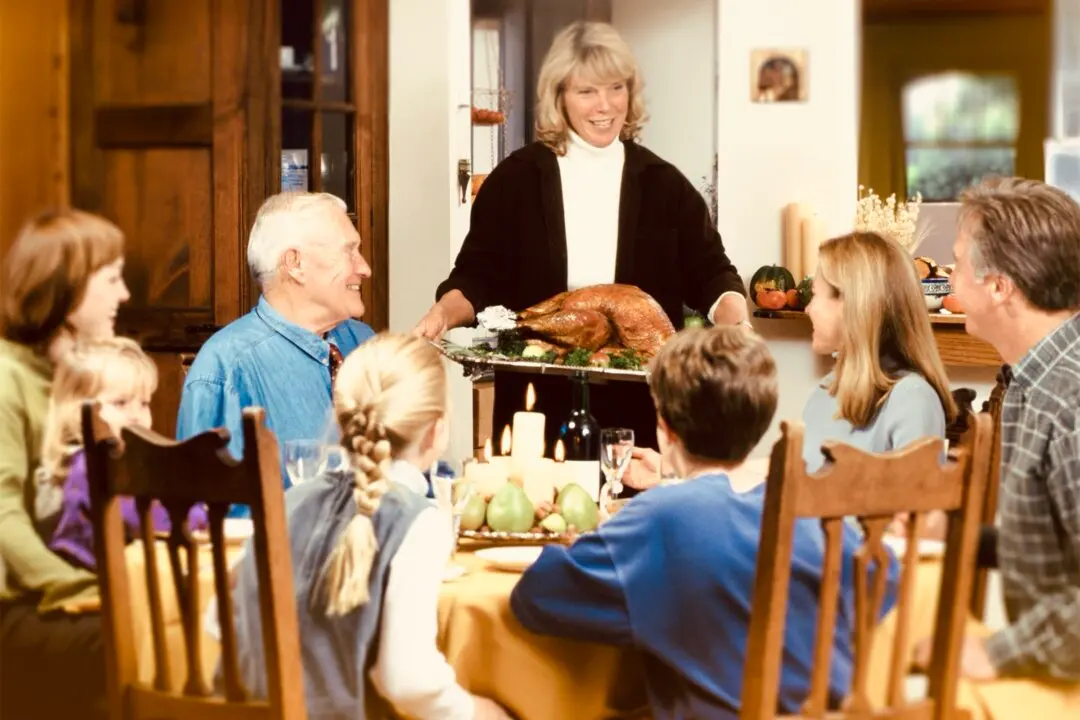Commentary
Following announcement of the discovery of the remains of more than 215 children at the site of the former Kamloops Residential School and the killing of a Muslim family in London, Ont., by a deranged young man, a number of politicians and activists have called for either the outright cancelling of Canada Day festivities or a transformation of the holiday into a day of sombre remembrance and atonement.
